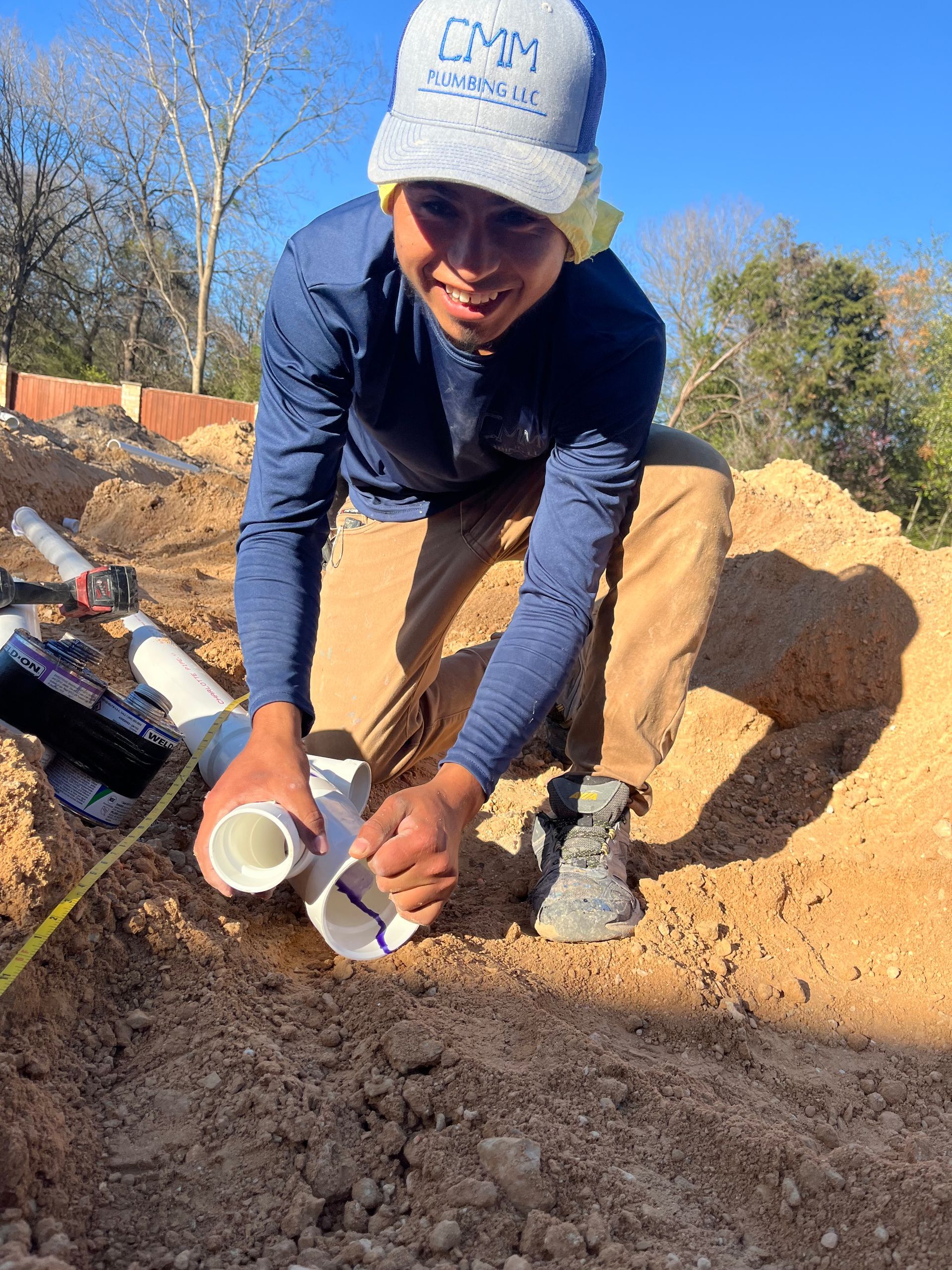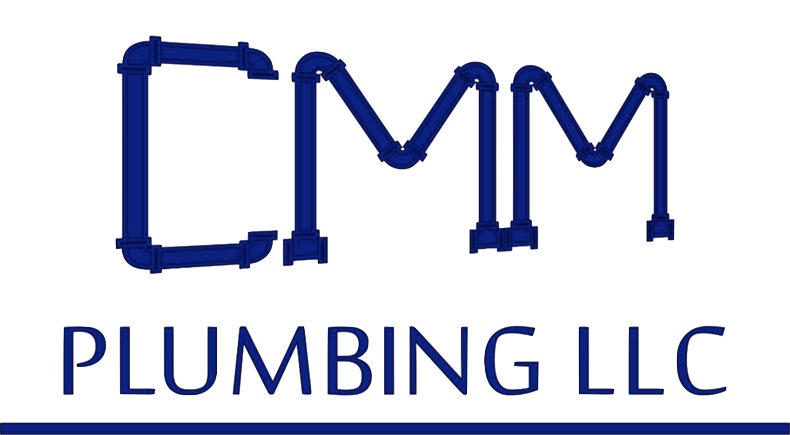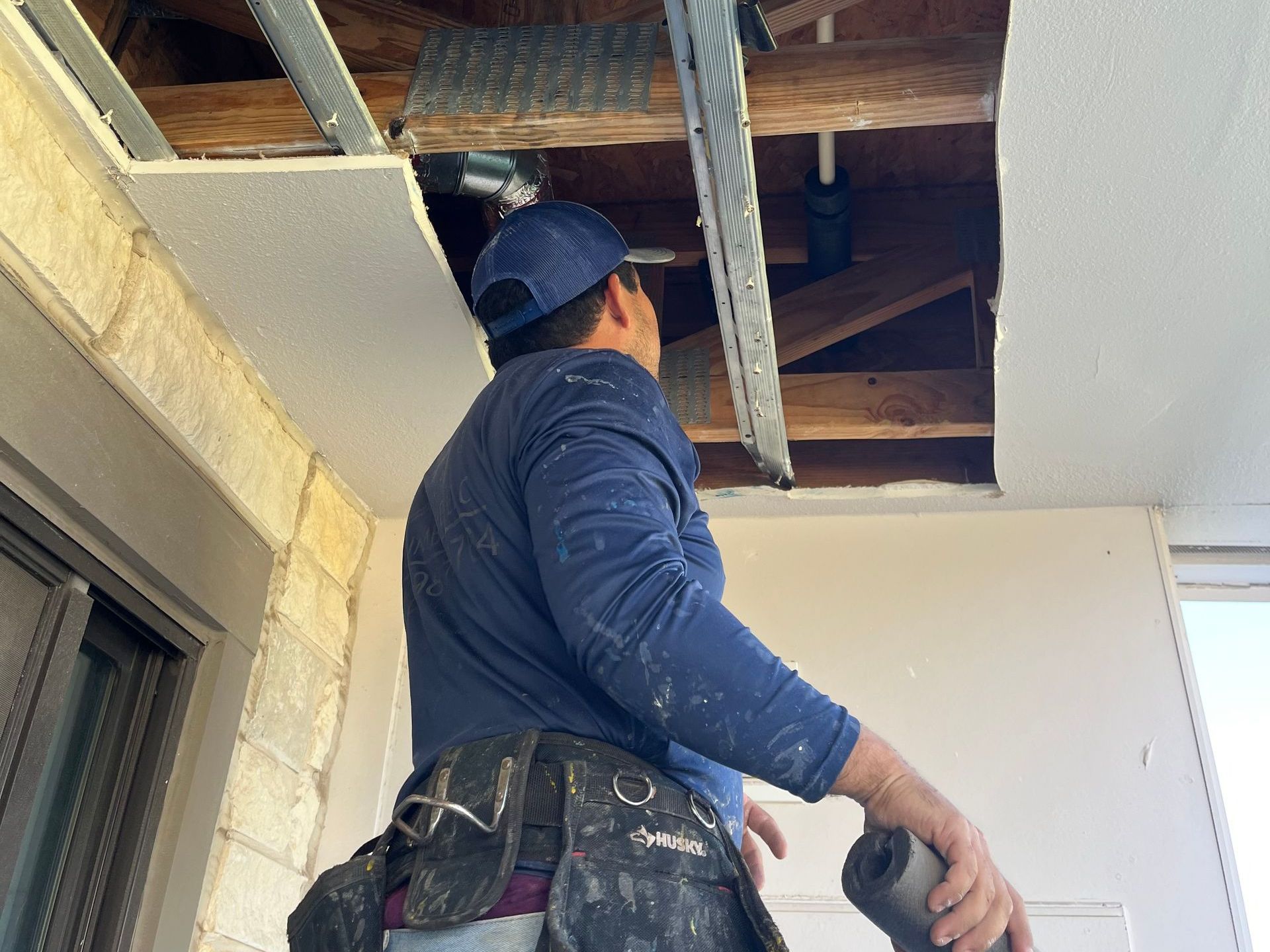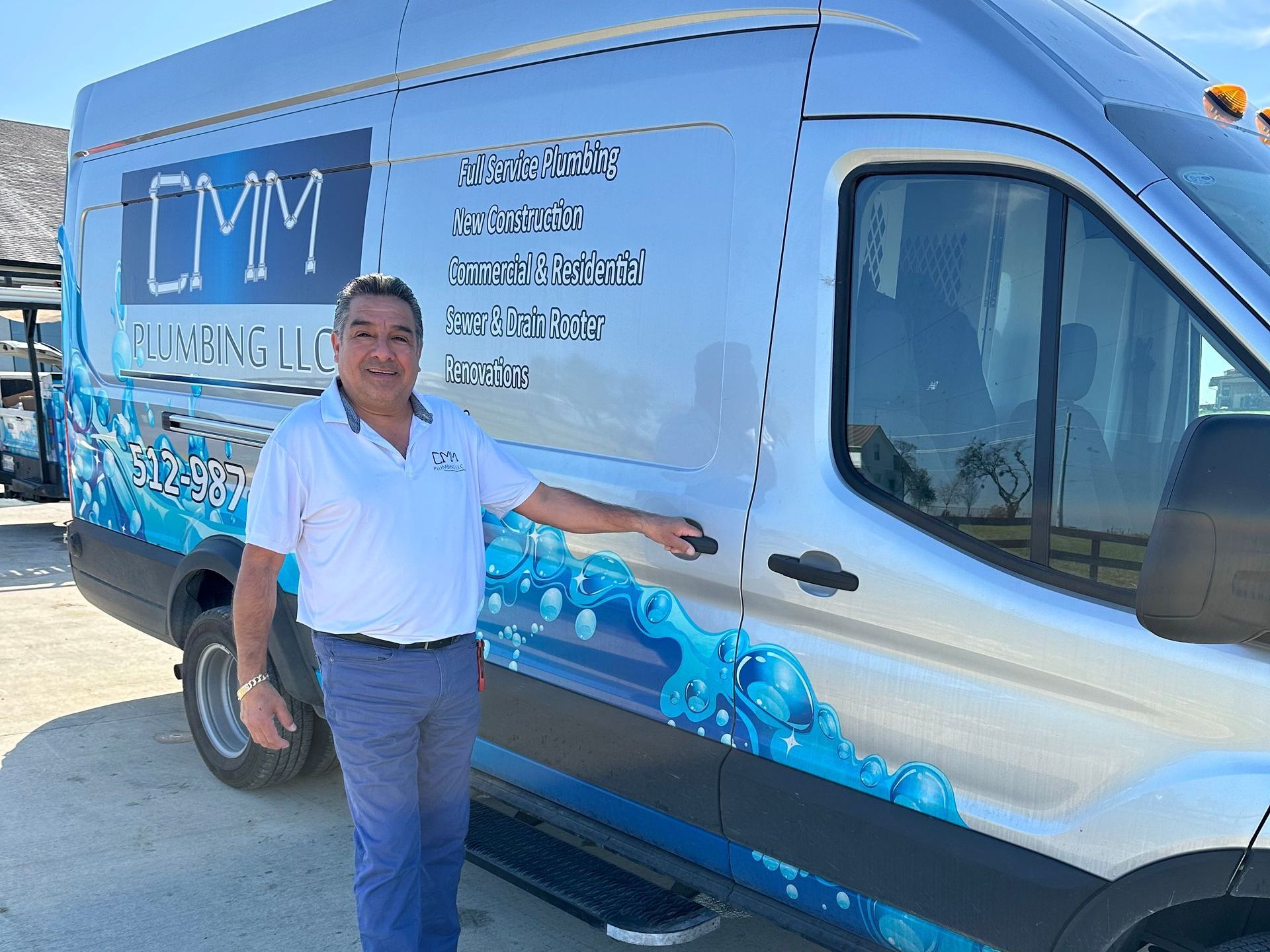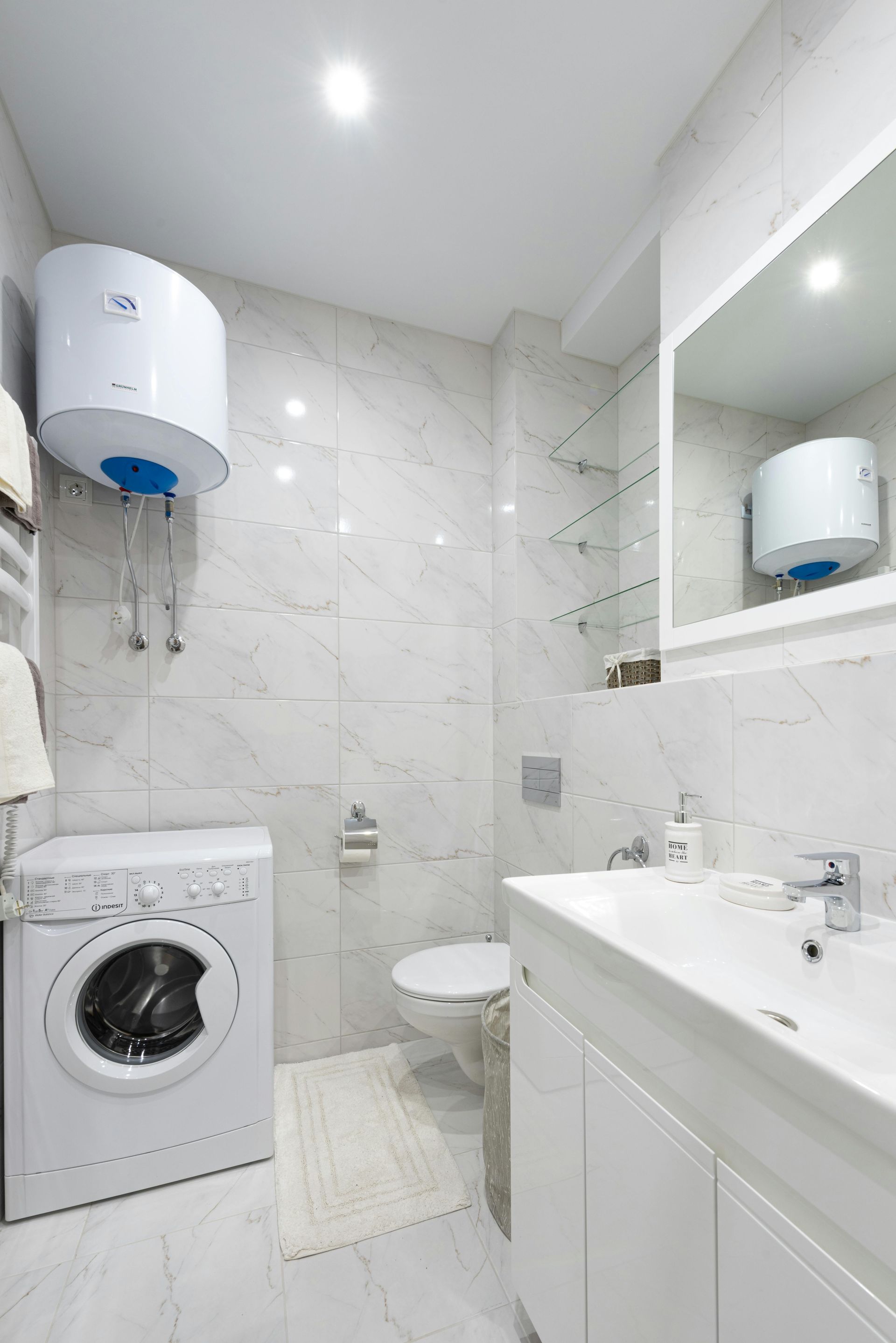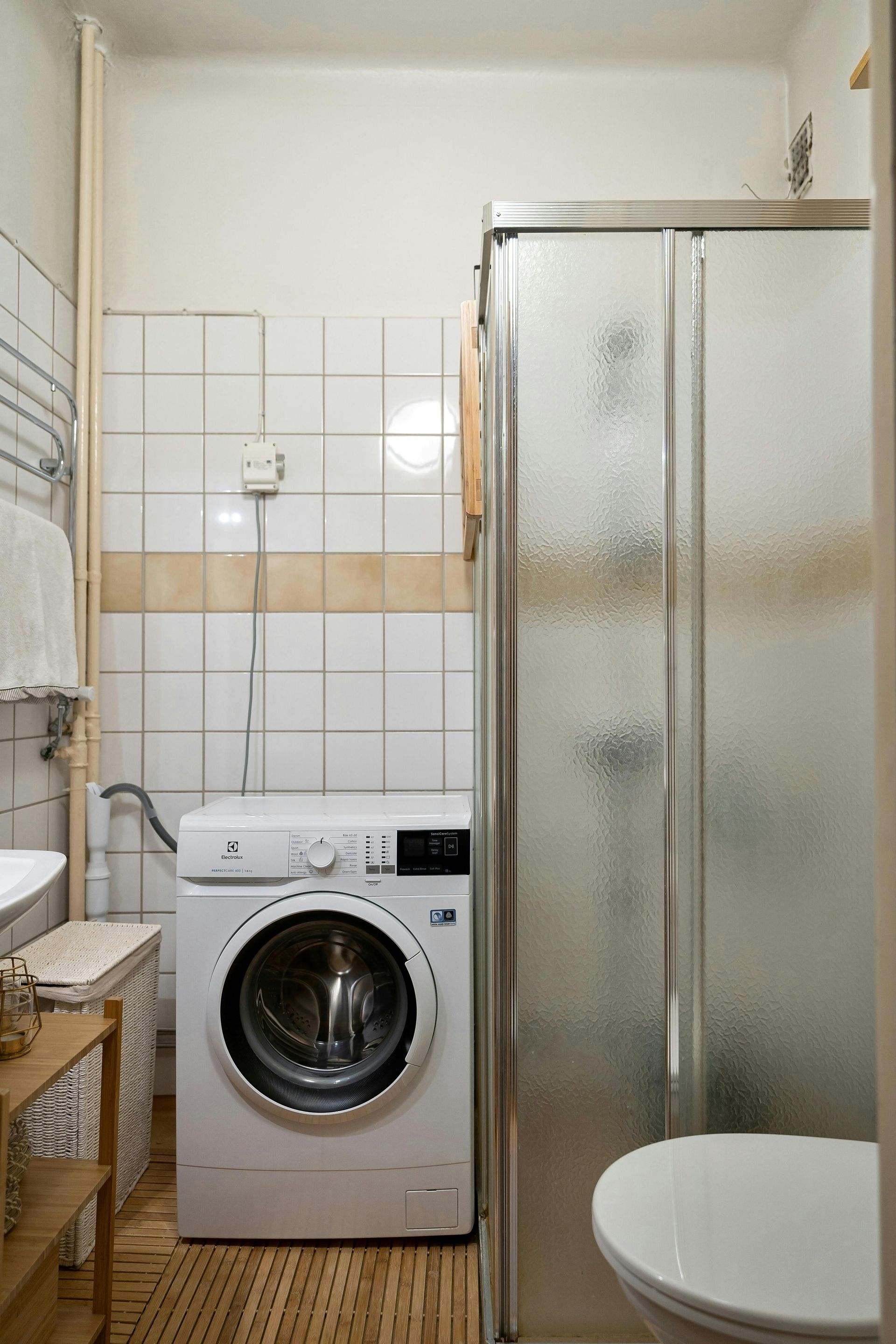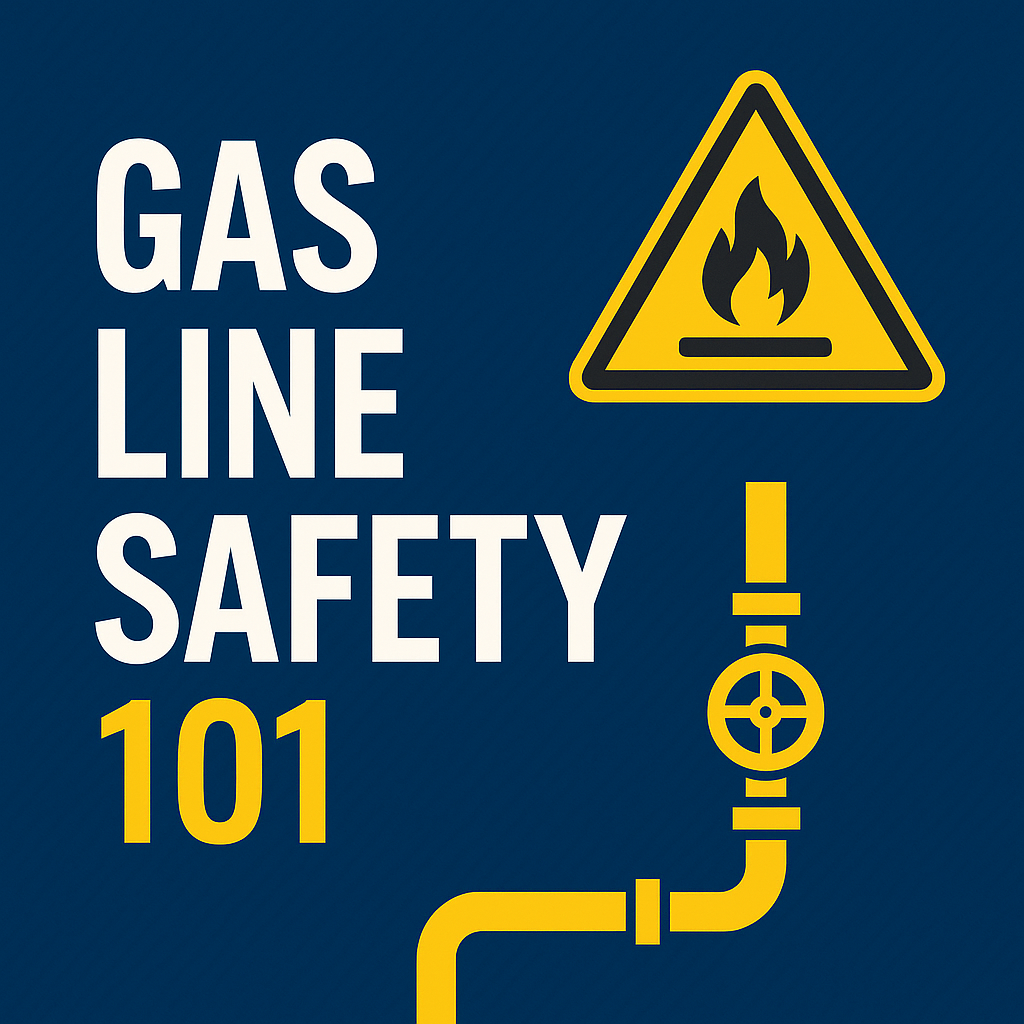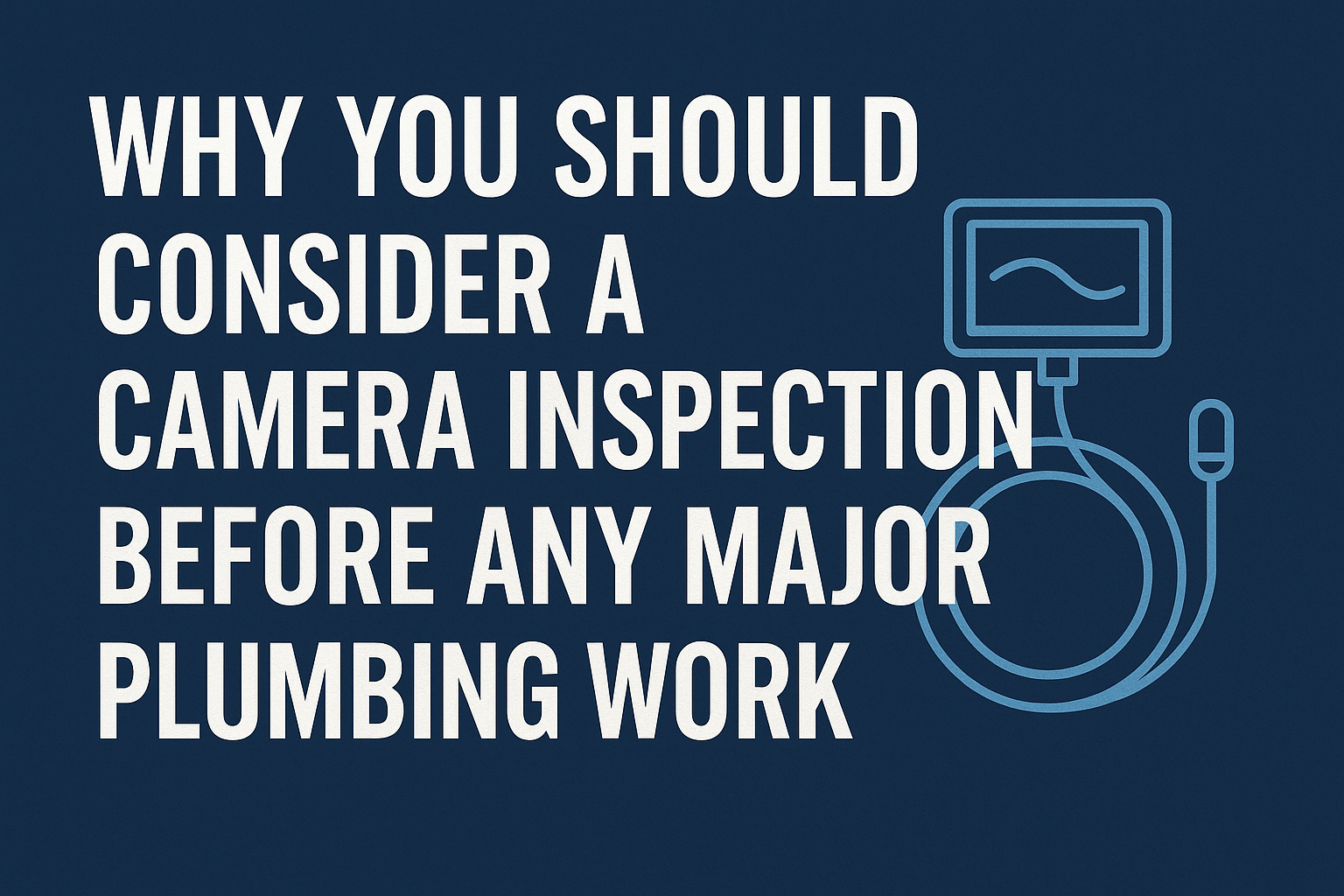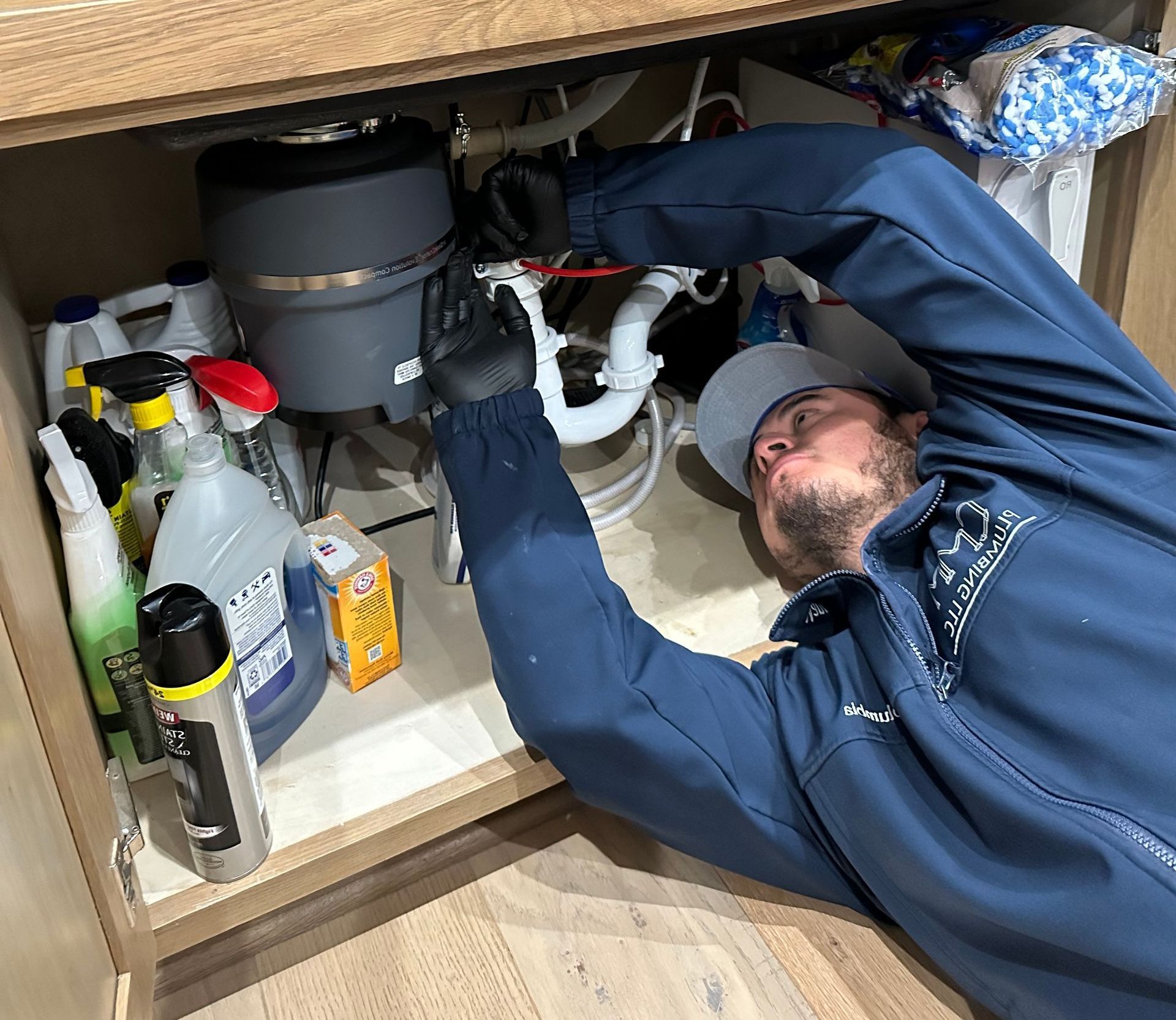Do You Need a Water Softener? 5 Signs Your Home Needs One
If you live in Central Texas—whether in Coupland, Austin, or nearby areas like Round Rock or Taylor—you’ve likely experienced the effects of hard water. Chalky residue on dishes, itchy skin after a shower, and early appliance breakdowns are all common signs. But how do you know when it’s time to install a water softener?
At CMM Plumbing, we help homeowners tackle brutal water head-on. In this post, we’ll walk you through the top signs that your home could benefit from a softener, explain how these systems work, and show why they’re a wise investment for long-term comfort and savings.
What Is Hard Water, and Why Is It a Problem?
Hard water contains high levels of minerals, such as calcium and magnesium. While not harmful to drink, these minerals wreak havoc on plumbing systems, appliances, and skin.
Hard water is particularly prevalent in Central Texas, primarily due to the region’s limestone-rich soil and water supply. Municipal and well water alike often test high for hardness—making water softeners almost essential for long-term home maintenance in this area.
1. You See White, Chalky Buildup on Fixtures and Dishes
One of the first signs of hard water is limescale—a white, crusty residue that builds up around faucets, showerheads, and sinks. It’s also the culprit behind those cloudy glasses or spotty dishes after a dishwasher cycle.
This buildup doesn’t just look bad—it gradually reduces water flow, clogs aerators, and wears down plumbing fixtures.
💡 Pro Tip: If you’re scrubbing your faucets every week but can’t keep the white crust away, your water is too hard—and a softener can help.
2. Your Skin Feels Dry or Itchy After Showering
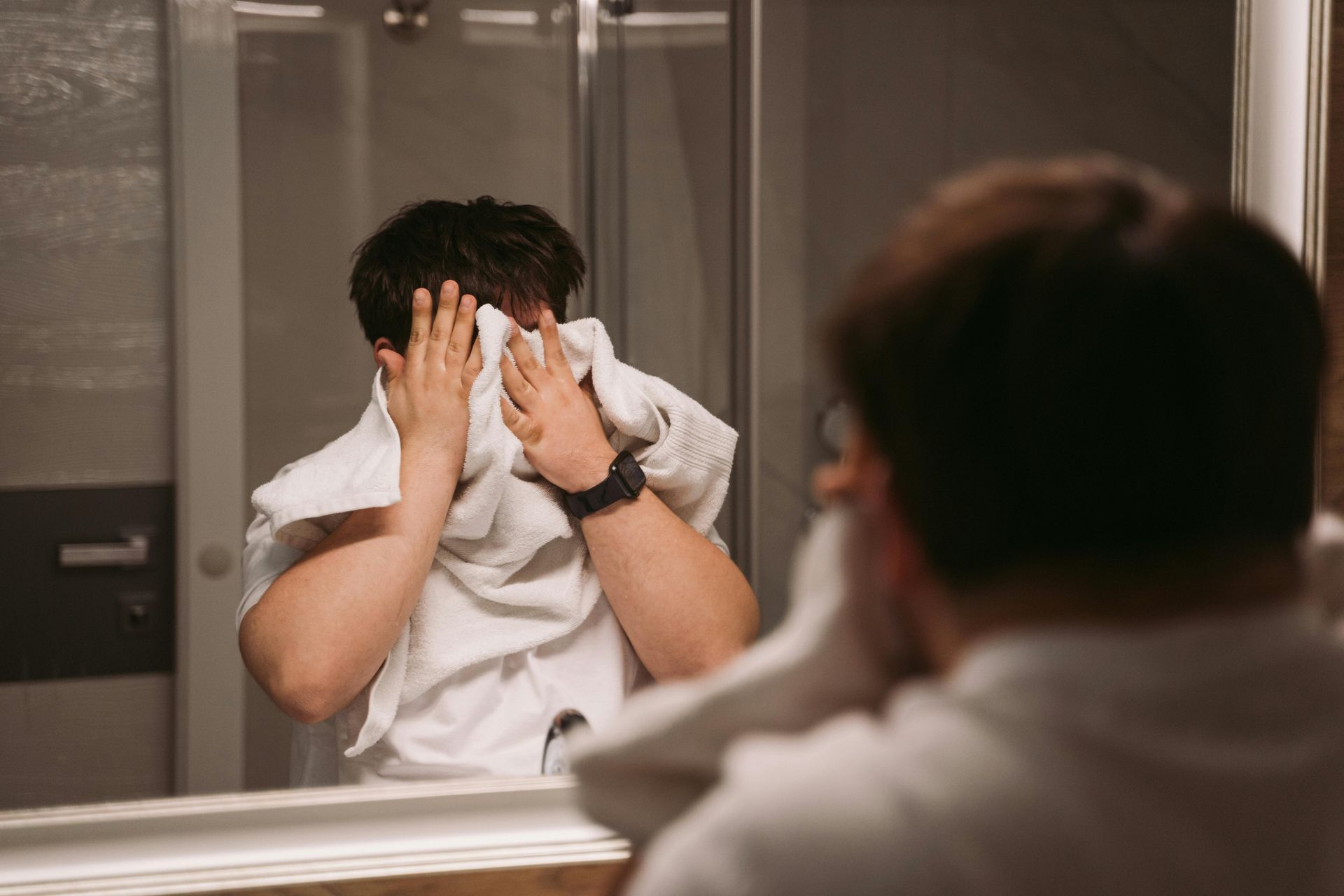
Hard water prevents soap from rinsing off thoroughly, leaving behind a residue that can dry out your skin and clog pores. You might notice:
- Itchy, flaky skin
- Dull, dry hair
- Soap that doesn’t lather well
Families with sensitive skin or conditions like eczema may experience more frequent flare-ups when using hard water.
3. Your Appliances Wear Out Prematurely
Hard water reduces the lifespan of appliances like:
- Water heaters (tank and tankless)
- Dishwashers
- Washing machines
- Ice makers and coffee makers
The minerals in hard water form deposits inside these machines, causing them to work harder and less efficiently. Over time, this leads to breakdowns and costly repairs.
A water softener can extend the life of your water heater by years. In fact, most tankless water heater warranties require the use of a water softener in areas with hard water to remain valid. Since CMM Plumbing specializes in tankless systems, we highly recommend pairing them with a softener.
4. You’re Using Excess Soap and Detergent
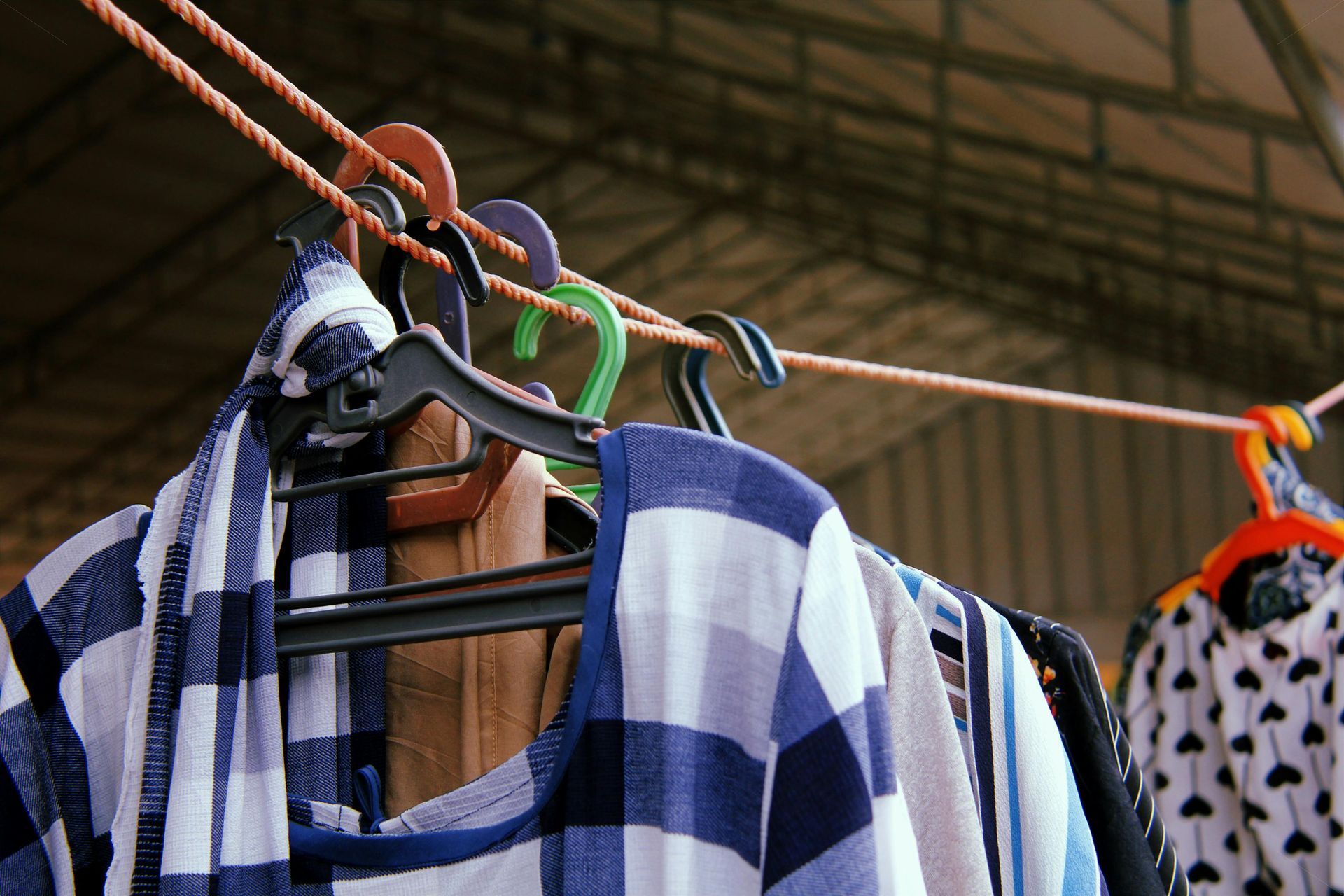
Do you find yourself using more shampoo, dish soap, or laundry detergent than seems necessary? Hard water doesn’t mix well with soap, meaning you need more of it to get the job done—and even then, you’re likely left with residue.
Softened water allows soap to lather more effectively and rinse cleaner, reducing your need for cleaning products by up to 50%.
🧼 Savings Insight: Homes with softeners spend significantly less on detergents, hand soap, and cleaning products over time.
5. Your Water Heater or Plumbing Needs Frequent Repairs
If you’re calling in for water heater servicing more than once a year, hard water could be to blame. Scale buildup inside the tank or coils can overheat your heater and reduce efficiency.
- Signs of trouble include:
- Longer wait times for hot water
- Rumbling noises from your heater
- Uneven water temperature
- Decreased water pressure
Minerals also collect inside your pipes over time, leading to slower flow, clogs, and corrosion.
How Water Softeners Work
Water softeners utilize a process called ion exchange to remove minerals that cause hardness. Here’s how it works:
- Hard water flows through a tank filled with resin beads.
- The beads attract calcium and magnesium ions and replace them with sodium or potassium ions.
- Softened water flows out for use in your home.
- A second tank flushes the resin beads during a regeneration cycle, keeping the system clean and ready for use.
There are also salt-free softeners and conditioning systems that work differently—great for some applications but not consistently effective against severe hard water, such as the type found in Texas.
Choosing the Right Softener for Your Home
The right system depends on you:
- Household size
- Water usage
- Plumbing setup
- Water hardness level (measured in grains per gallon)
At CMM Plumbing, we offer professional water testing. We can recommend the ideal system—whether it's a compact unit for a small home or a high-capacity model for larger families.
We install both salt-based and salt-free options, and we’ll explain the pros and cons of each based on your goals (appliance longevity vs. eco-friendliness, etc.).
Benefits of Installing a Water Softener
- Longer Appliance Life: Less scale = fewer breakdowns.
- Lower Energy Bills: Efficient heaters use less electricity or gas, resulting in lower energy bills.
- Better Skin and Hair: No residue means healthier showers.
- Cleaner Laundry and Dishes: Say goodbye to spots and soap scum.
- Less Cleaning Time: Fewer stains and buildup to scrub.
- Higher Home Value: An installed softener adds appeal in resale.
Real-Life Example: How a Softener Saved a Home in Elgin
A customer in Elgin was replacing their tank-style water heater every 4–5 years due to scale. After installing a whole-home water softener with CMM Plumbing, their new tankless system has gone 7 years without issue.
They also reported fewer soap purchases, easier cleaning, and softer towels. It’s a small investment with massive long-term benefits.
Maintenance Tips to Keep Your System Running Smoothly
- Check Salt Levels Monthly (for salt-based units)
- Clean the Brine Tank Once a Year
- Replace Resin Beads Every 10–15 Years
- Schedule Annual Inspections
We include softener checks as part of our Plumbing Maintenance Plan to make sure your system is always in top shape.
Final Thoughts & Call to Action
Hard water may seem like a nuisance, but left untreated, it can lead to costly damage, discomfort, and repairs. Installing a water softener is one of the smartest upgrades a Texas homeowner can make—especially in areas like Coupland, Georgetown, and Round Rock.
At CMM Plumbing, we make water softener installation stress-free and straightforward. Whether you need a system for a new build or want to improve the water quality in an older home, we’re here to help.
👉 Call us today at
(737) 233‑1822 or request a consultation at
cmmplumbing.com/contact.
